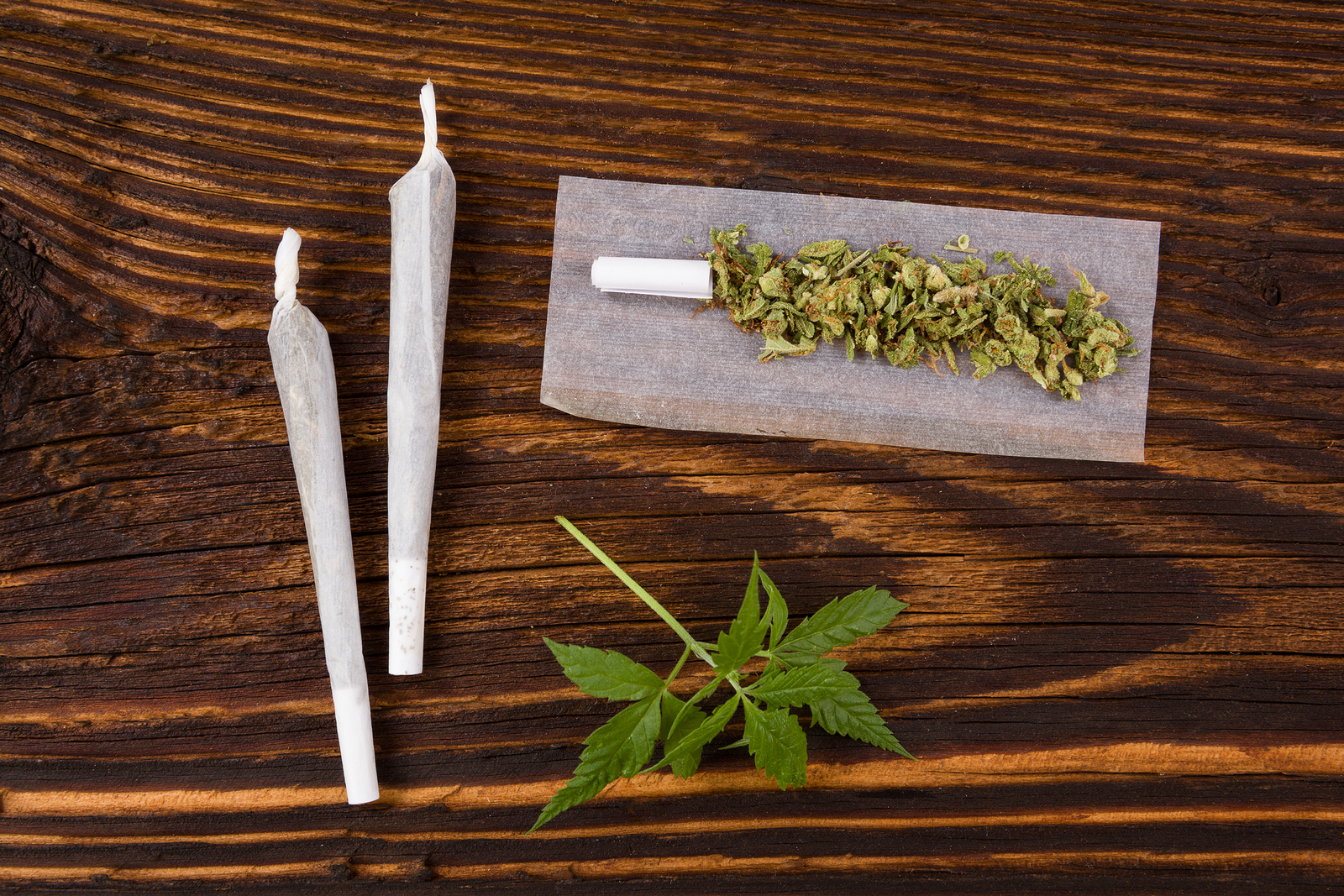
The UK Cannabis Debate: A Brief Look at Policy [2016]
In 2015 an online petition to make the production, sale and use of cannabis legal gained enough signatures from the general public in the UK to be debated in parliament.

Online petitions run for 6 months and if they reach over 10,000 signatures the Government provides a written response, and if they reach over 100,000 signatures, parliament considers them and potentially debates them. The petition on cannabis legalisation gathered over 227,000 signatures and was debated in parliament on the 12th of October 2015.
The Government’s written response was against the petition, stating that legalisation “would not eliminate crime committed by the illicit trade” nor address the harms associated with drug dependence. The response also stated that the current Government approach is working, shown by a downwards trend in cannabis use.
The debate in parliament not only discussed the legalisation of cannabis, but its potential for medical use and availability for research. There was discussion about the potential re-scheduling of cannabis from Schedule 1 to 2 to bring it into line with opioids (such as morphine), permitting its use for medicinal purposes. Schedule 1 drugs are deemed to be of no therapeutic value and cannot be lawfully possessed or prescribed. Cannabis has been proven to be of therapeutic value, and various case studies were provided for this in parliament.
Cannabis legalisation has been considered in many different countries around the world, and the key issues are explored below:
USA: WASHINGTON AND COLORADO
The USA currently has 23 states where medical marijuana is legal and 6 states where recreational use of cannabis is legal (NORML, 2015). In both Washington and Colorado the legalisation of cannabis was voted in by the residents and came into force in 2012 (Room, 2014). Both states allow over 21s to possess up to one ounce. Washington state has higher rates of tax than Colorado, and does not allow home production; Colorado allows home production of up to 6 plants (Hawken, 2013). In a brief look into the impact of the legalisation of cannabis in Colorado, there has been no dramatic increase in cannabis use in young people, no increase in road fatalities, and a dramatic decrease in marijuana possession charges.
URUGUAY
Uruguay was the first country to legalise the cultivation, sale and consumption of marijuana. In contrast to the USA, this came from a government-led decision rather than a public referendum (Pardo, 2014). President Jose Mujica began the policy in order to stop drug trafficking in his country and the violence caused by it. Although the general public were not behind the policy, with only 23% of people supporting legalisation (Pardo, 2014), the country’s lower house passed the bill 50 votes to 46.
In Uruguay, there are 3 methods of access; through licensed producers who sell to the Government for over the counter sales; in fee-paying cannabis clubs (up to 45 members); and through personal cultivation (up to six plants). In order to purchase over the counter, residents must sign up and are capped at 40g per month. All advertising and promotion of cannabis products is prohibited.
Uruguay’s move to legalisation differs to the states in the USA where the motivation is freedom of choice; in Uruguay it is driven by health and public safety (Pardo, 2014).
THE NETHERLANDS
The Dutch policy has been deemed de facto legalisation in the form of coffee shops. Cannabis use and retail is allowed yet remains illegal, creating a ‘backdoor’ system (Pardo, 2014). Possession of cannabis within coffee shops is limited to 5g per person and must be consumed on site (Pardo, 2014). This policy has successfully split the drugs market and enabled those wanting cannabis to avoid contact with ‘hard’ drugs through drug dealers.
SPAIN
In Spain, there are Cannabis Social Clubs (CSC) that take advantage of the decriminalisation laws of up to 2 plants per person. Each individual in the club donates their two plants and the accumulated stock is supplied to the whole club (Rolles & Murkin, 2013). The cannabis obtained is for immediate use by its registered members on the CSC property. The clubs are non-profit, listed on a local registry and membership is only granted by invitation (Kilmer, 2013).
Cannabis policies around the world are evolving and more countries and states are thinking about or actively making moves to change their drugs laws. For example, Canada’s new president has stated that they will be the next to legalise , and the Iranian Government is moving in the same direction. As stated by Norman Lamb in the debate in October, the UK should be taking advantage of the variety of cannabis laws throughout the world and learning from their strengths and weaknesses. Regardless of whether the UK has any intention of changing the future of cannabis laws, the petition has created much needed noise around the subject.
For more information:
The Cannabis Debate in Parliament, Monday 12th October: Transcript
The Cannabis Debate in Parliament, Monday 12th October: Video
How to Regulate Cannabis: A Practical Guide
The opinions expressed in this post and podcast reflect the views of the author(s) and do not necessarily represent the opinions or official positions of the SSA.
The SSA does not endorse or guarantee the accuracy of the information in external sources or links and accepts no responsibility or liability for any consequences arising from the use of such information.